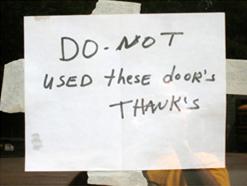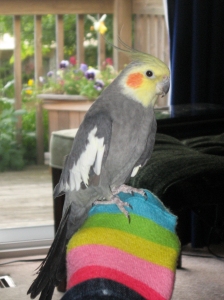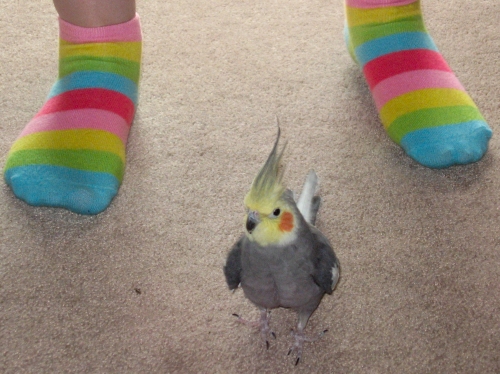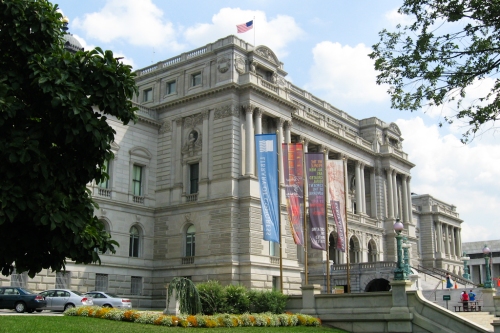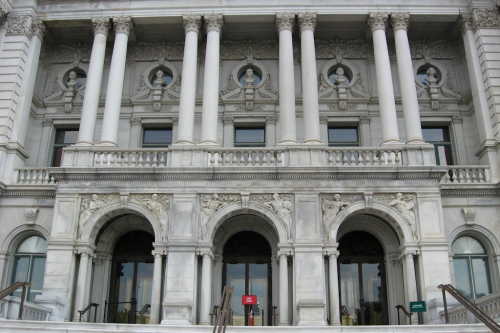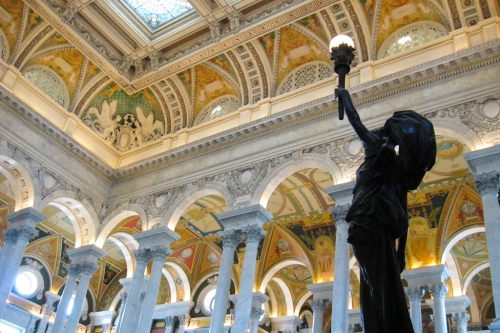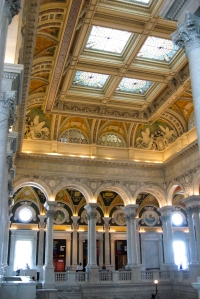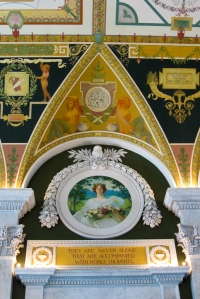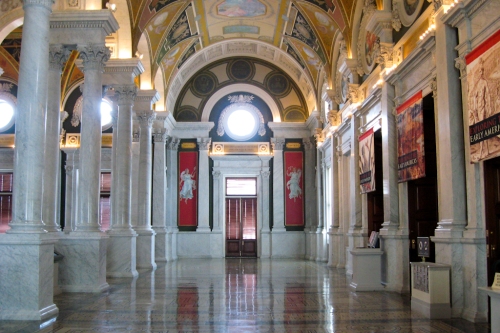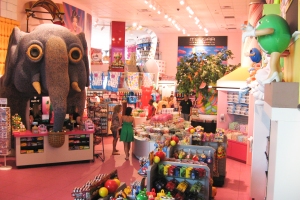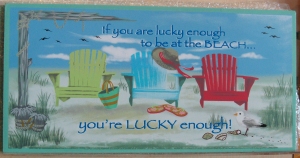C should be for Could Care Less because it’s the only grammar gaffe starting with c that makes my ears bleed. I don’t understand why people say “I could care less” when they mean they couldn’t, and I don’t think they should be allowed to pass grade 3, drive a car, or raise children until they can get it right.
However, I’ve already written about Could Care Less and I don’t want to harp on it, so I’m going with crazy cat lady. I don’t actually have a problem with that phrase. In fact, I couldn’t care less if people want to use it, whether they’re referring to a woman who is crazy about cats or Catwoman of DC Comics fame high on catnip. Hopefully the subjects couldn’t care less about being called crazy cat ladies, especially Catwoman because I suspect you don’t want to be on her bad side. (Personally, if I looked even half as good as she does in spandex, I wouldn’t care what anyone called me.)
Cats tend to be independent and generally couldn’t care less what you do as long as you’re not bothering them and you set their food out on schedule, but they are also playful and affectionate and it’s lovely to have one purring on your lap. Crazy cat ladies know that the benefits of cat ownership outweigh the inconveniences, so they couldn’t care less about annoyances such as cat hair and dander.
Truthfully, I like cats but I couldn’t care less about the phrase crazy cat lady. I used it because it, obviously, starts with c, but mostly because barefootheart told me that it is the search engine term that has directed the most traffic to her blog. Writing about could care less crazy cat ladies here is just a shameless attempt to attract more wise and interesting readers to my blog who might not otherwise have discovered Grammar by the Letter.
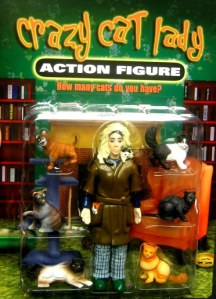
Crazy Cat Lady Action Figure
P.S. Although I like cats, I am not owned by any. Our house is ruled by a slightly demented bird.

